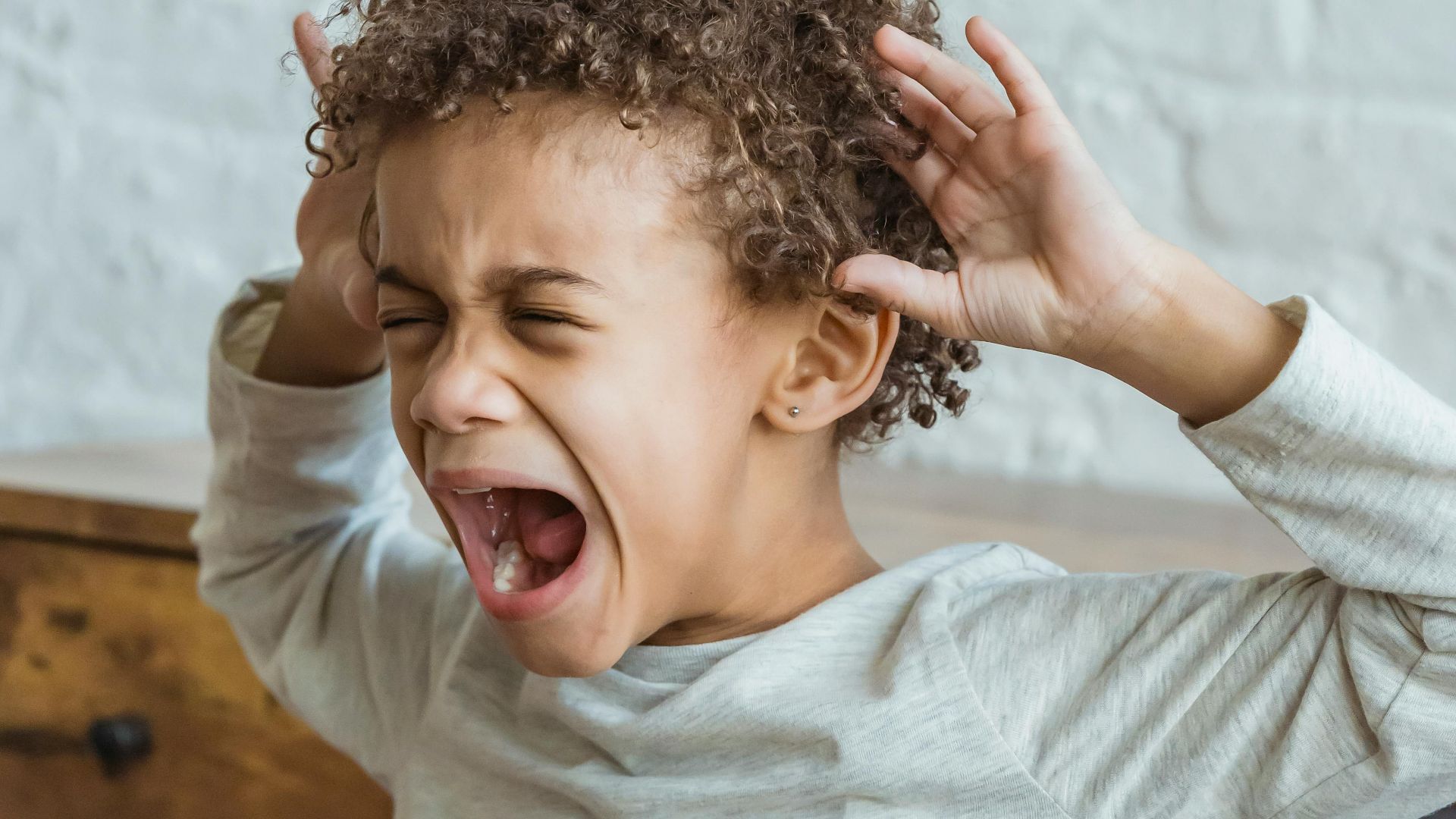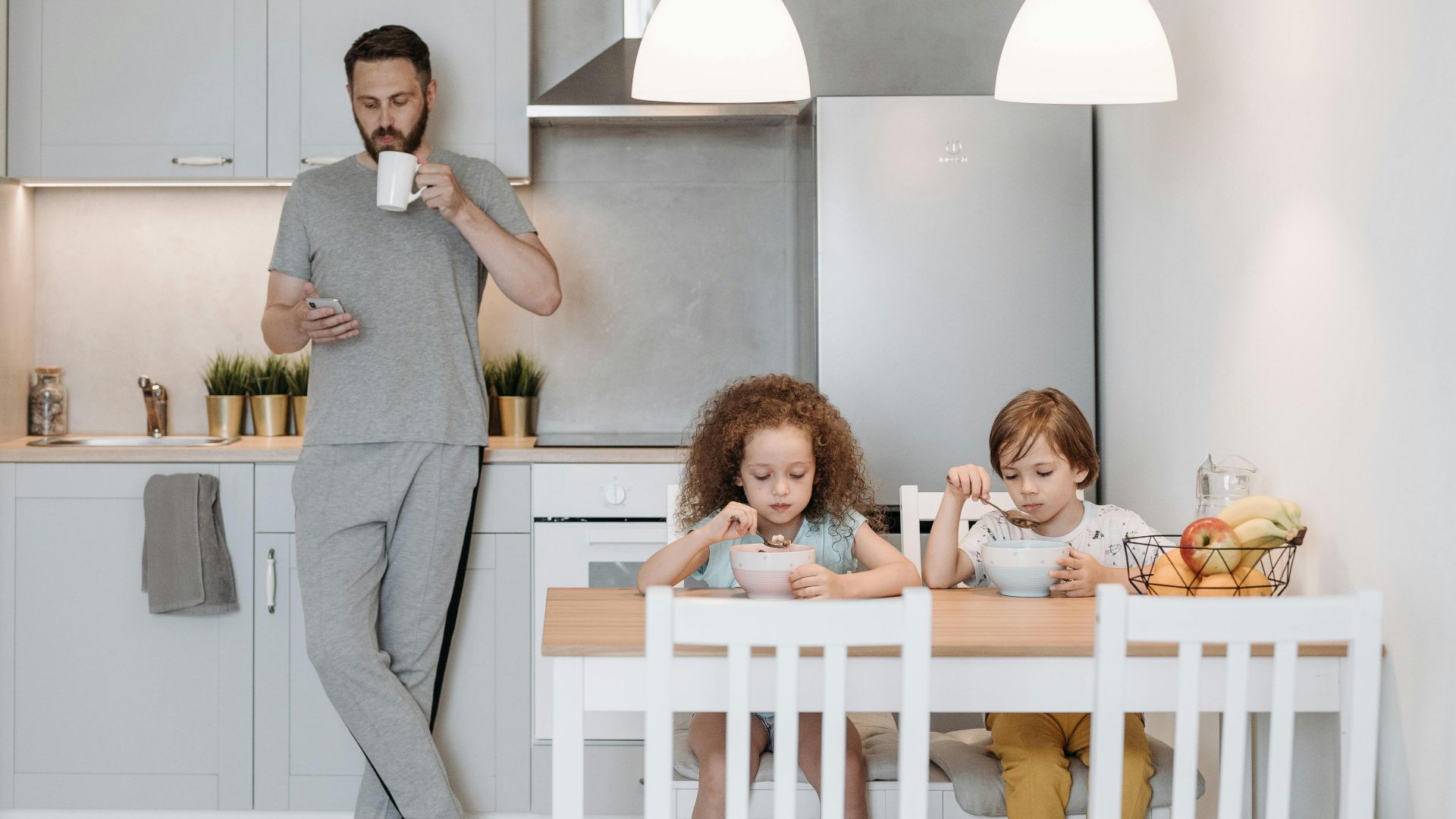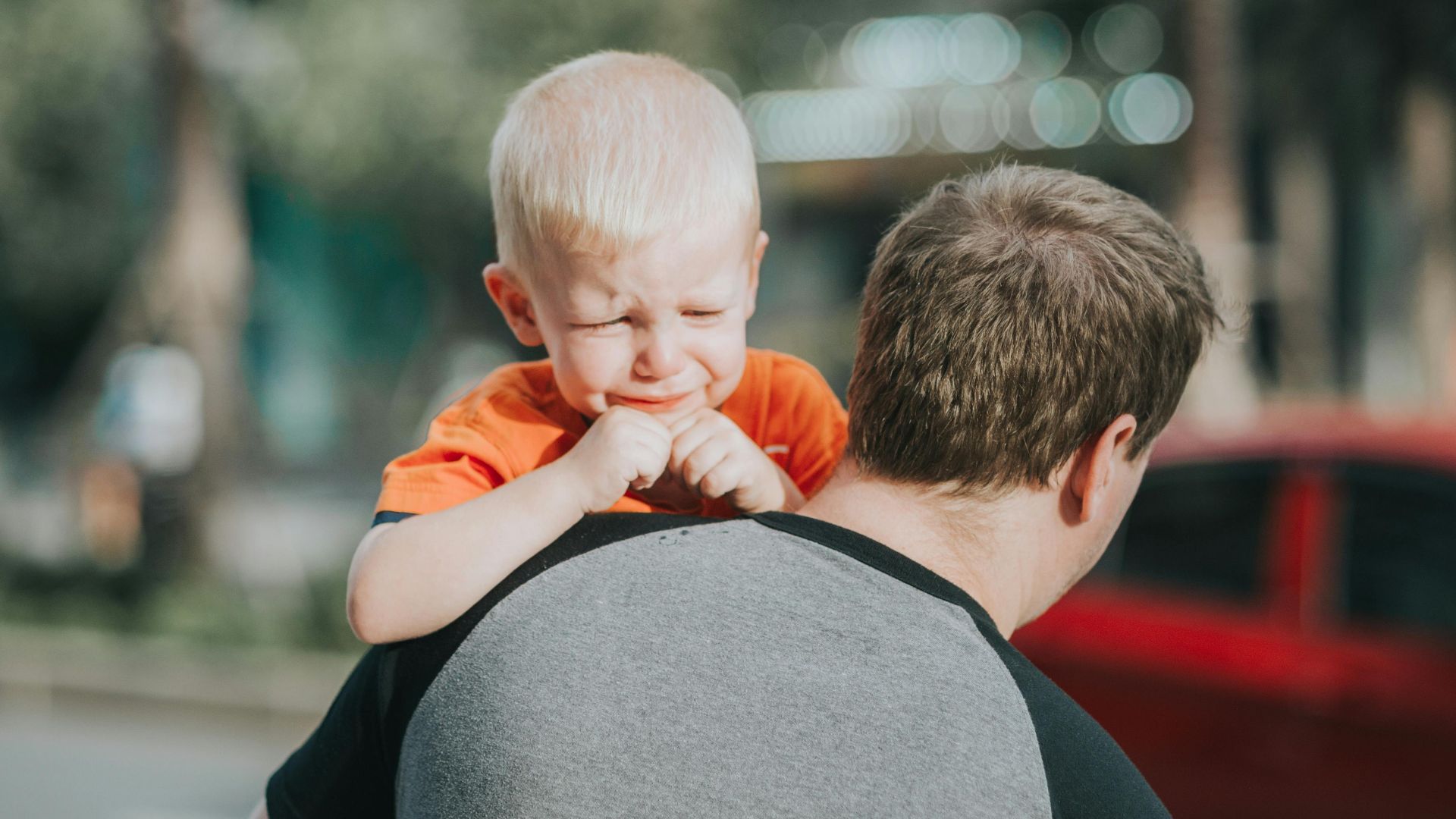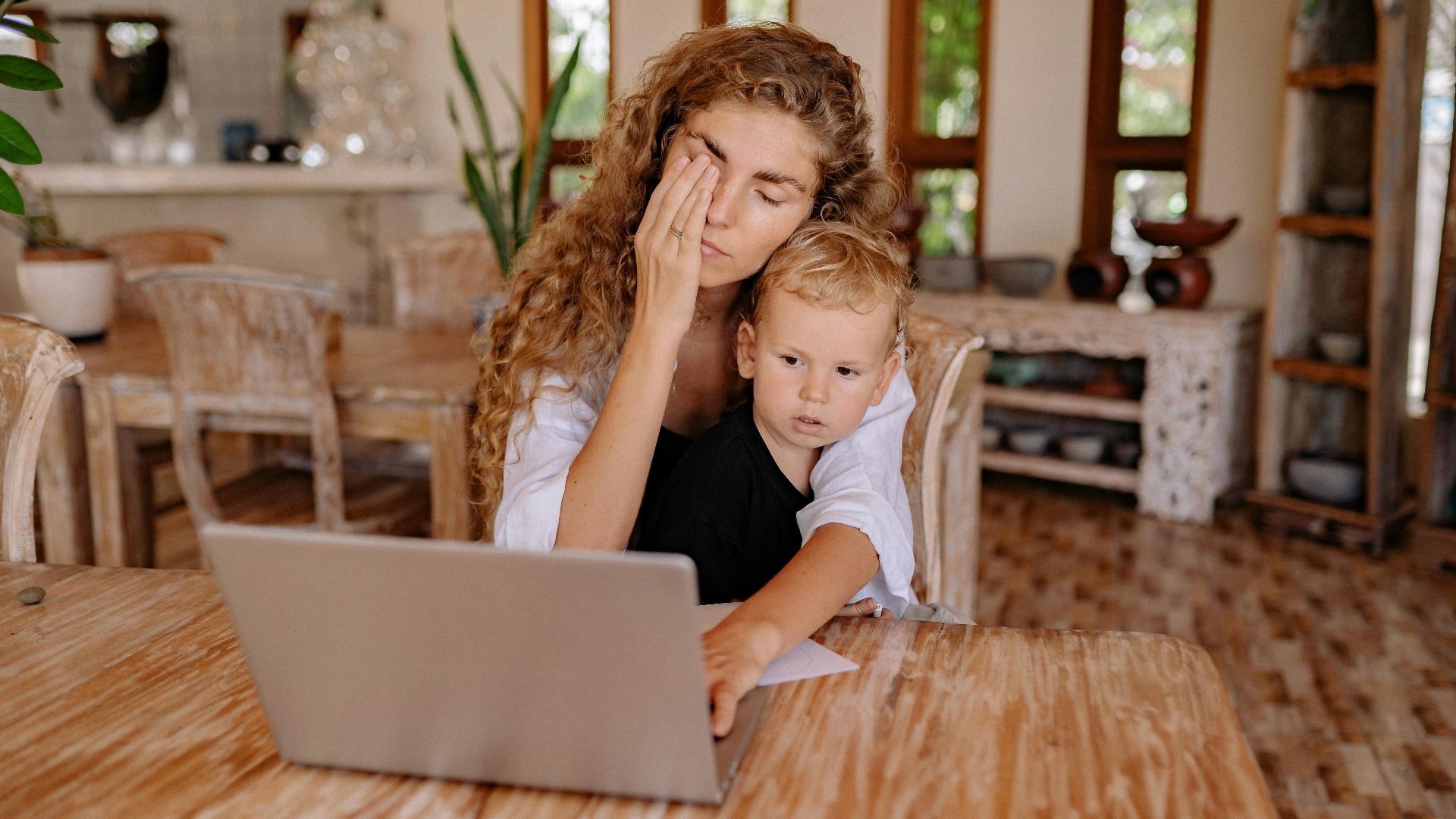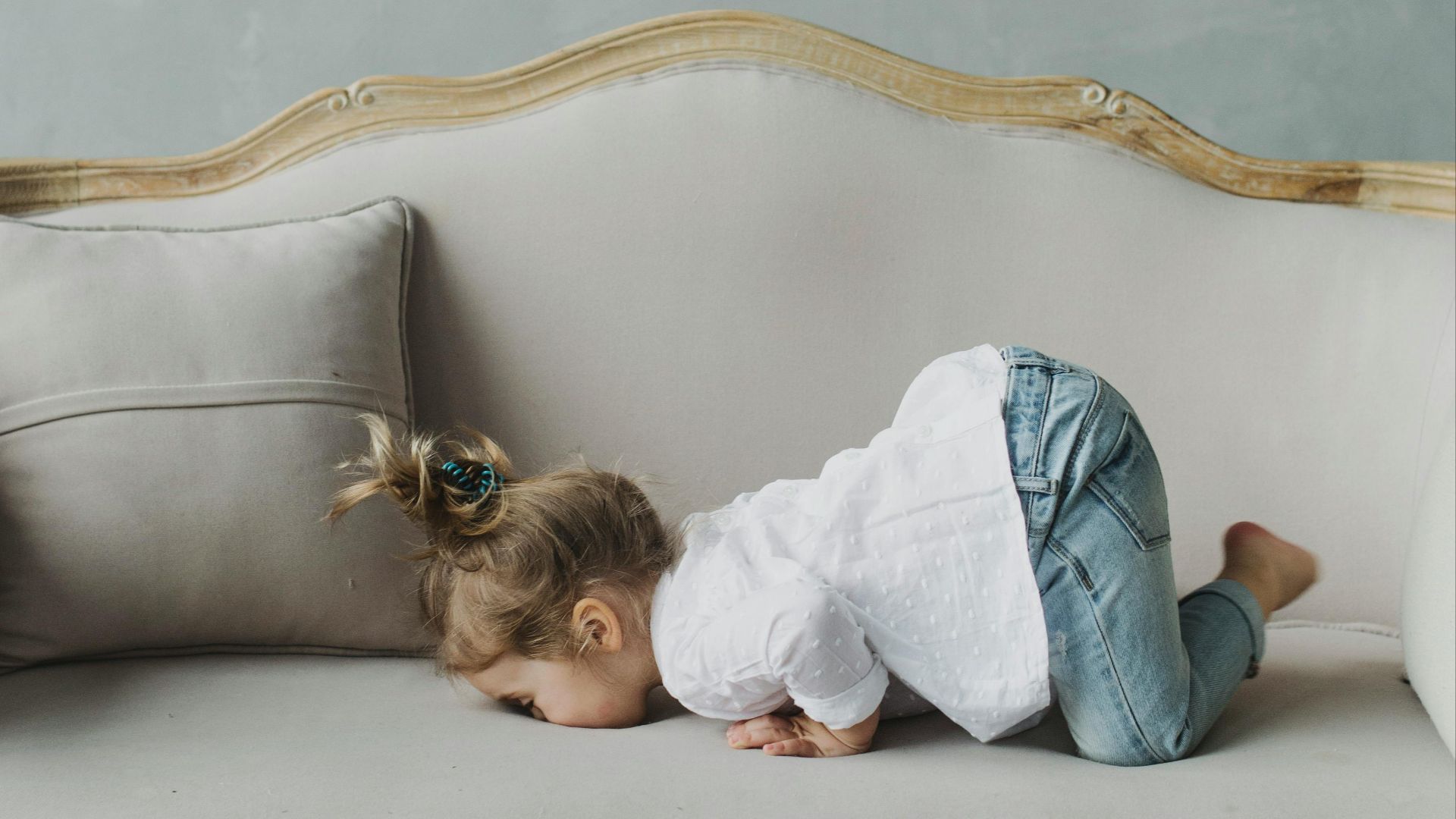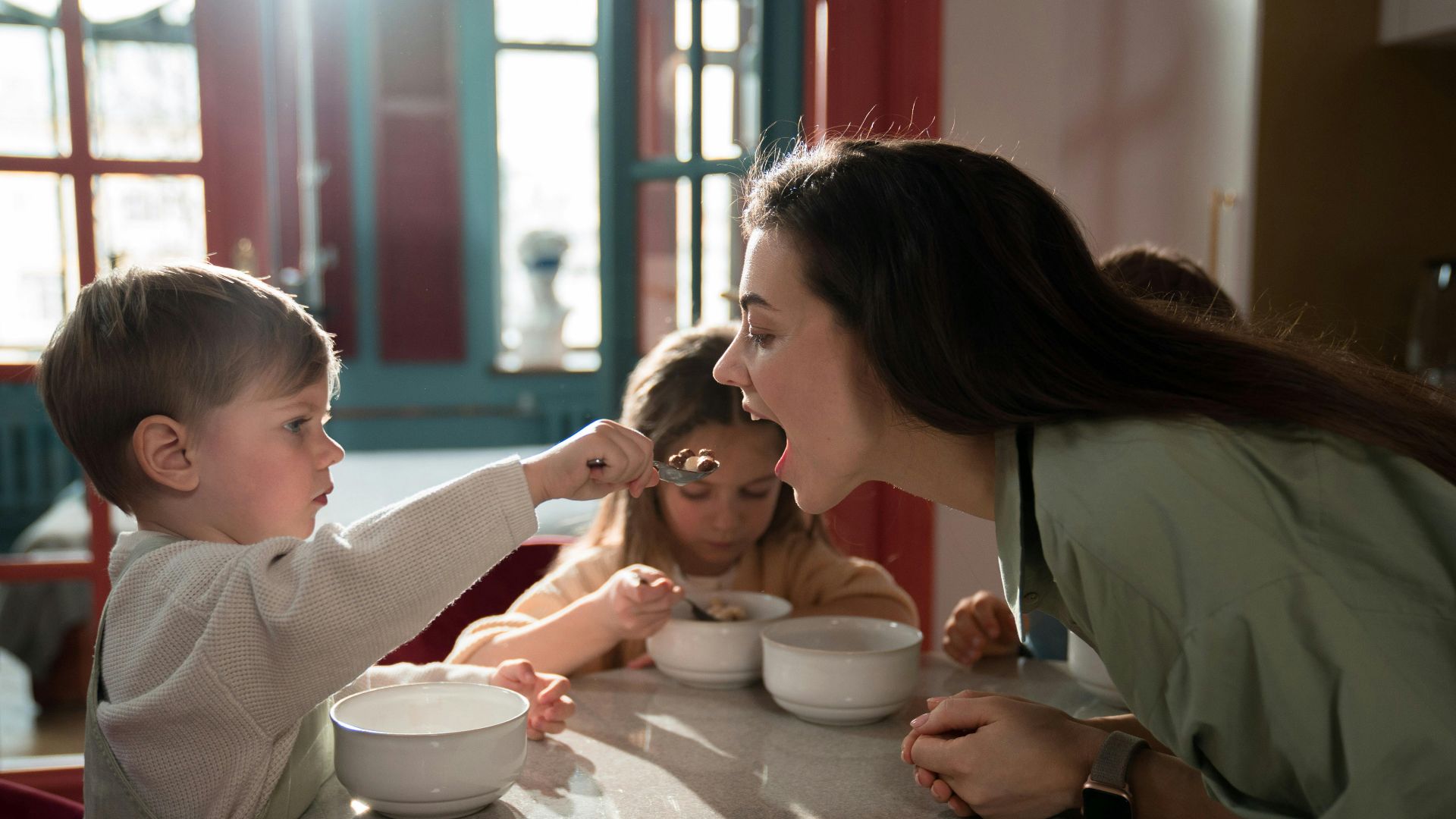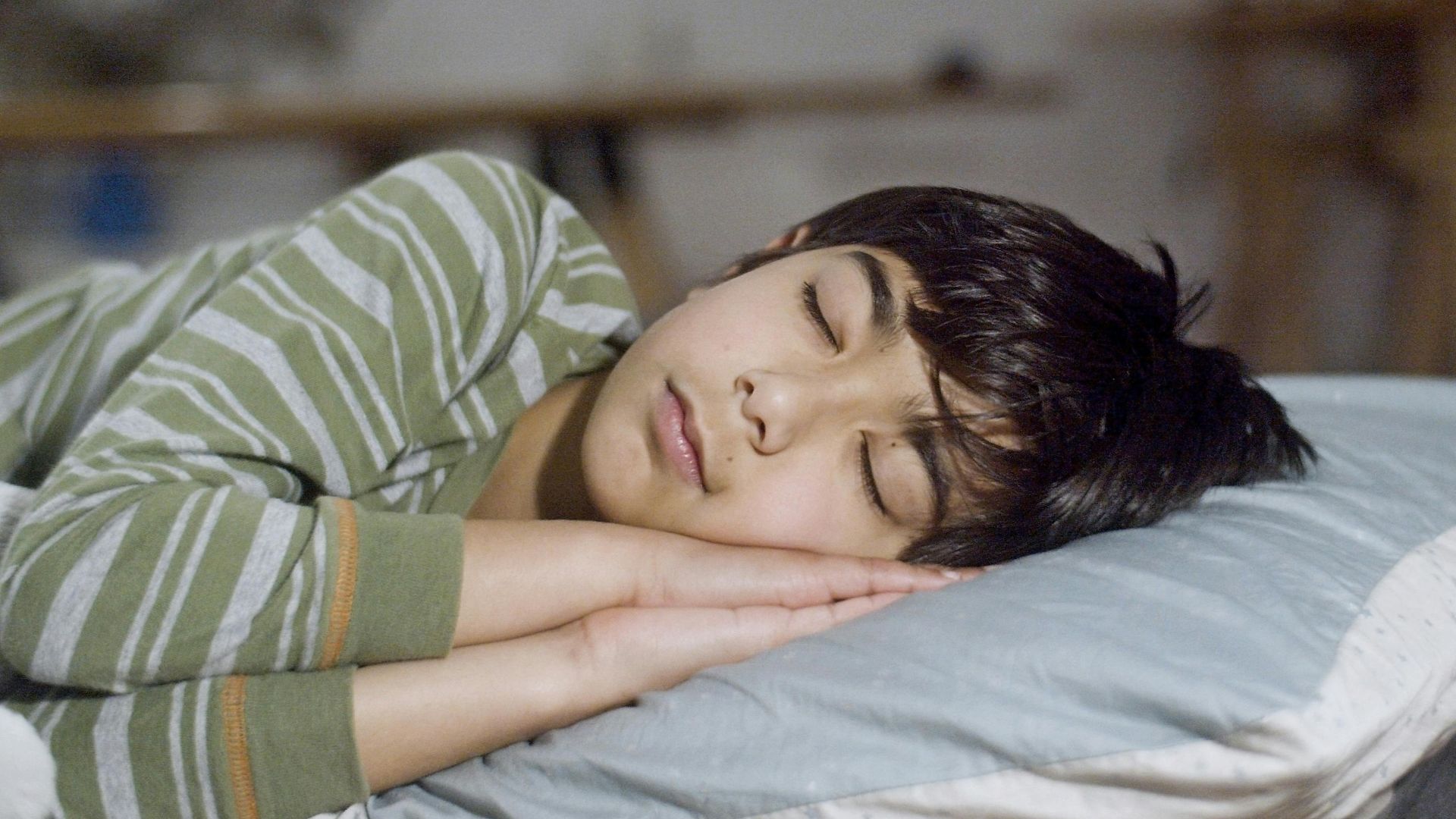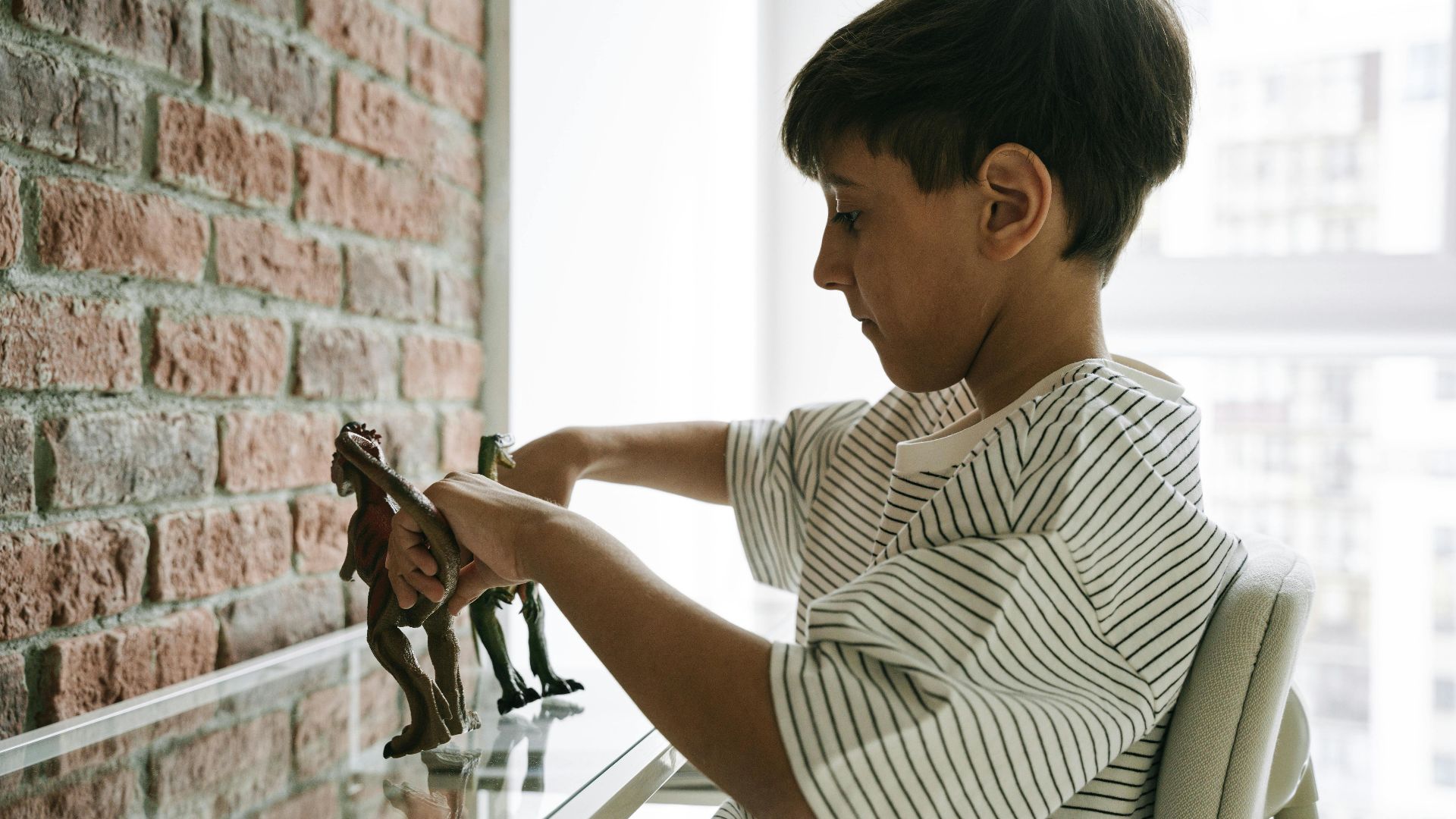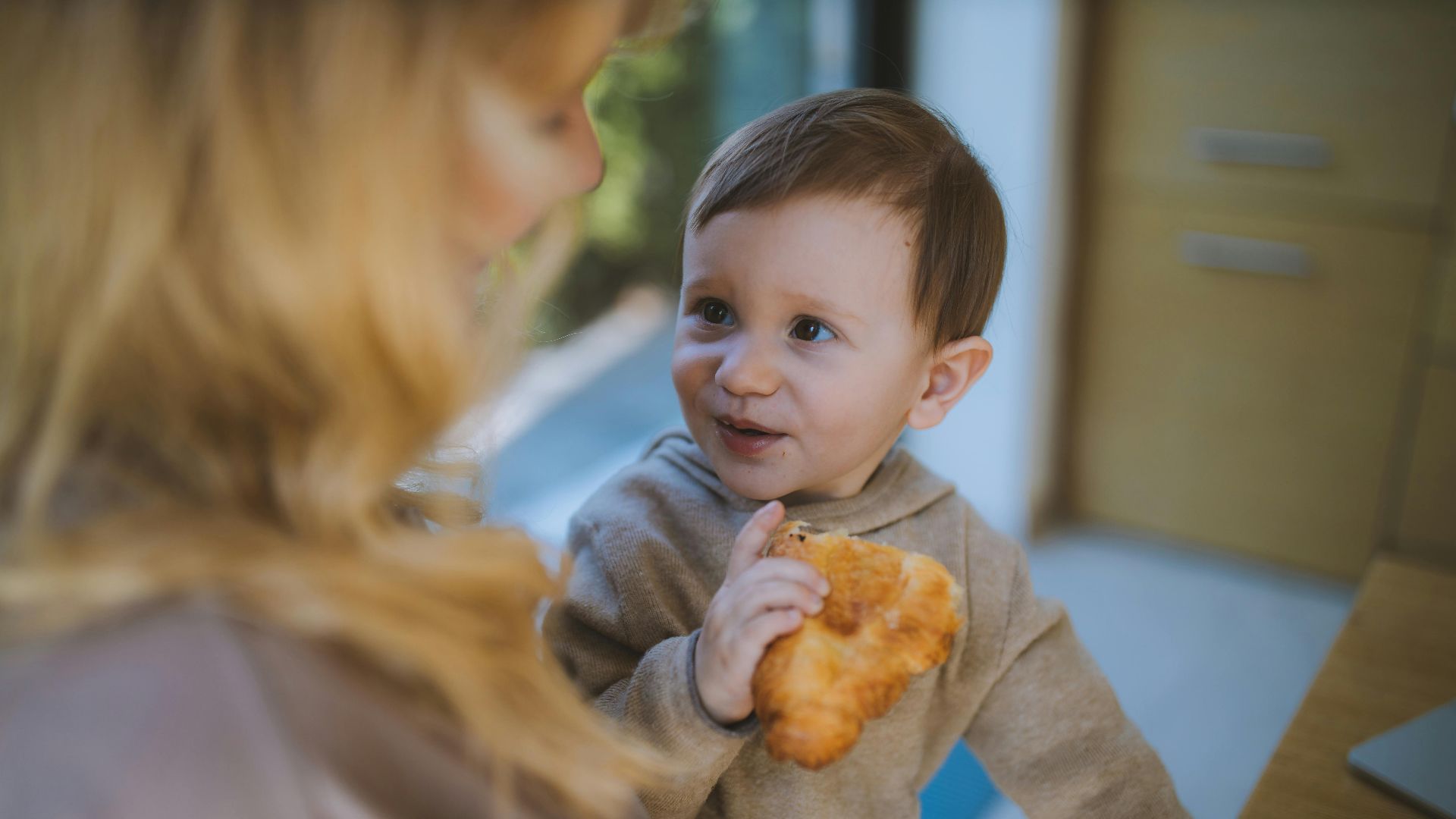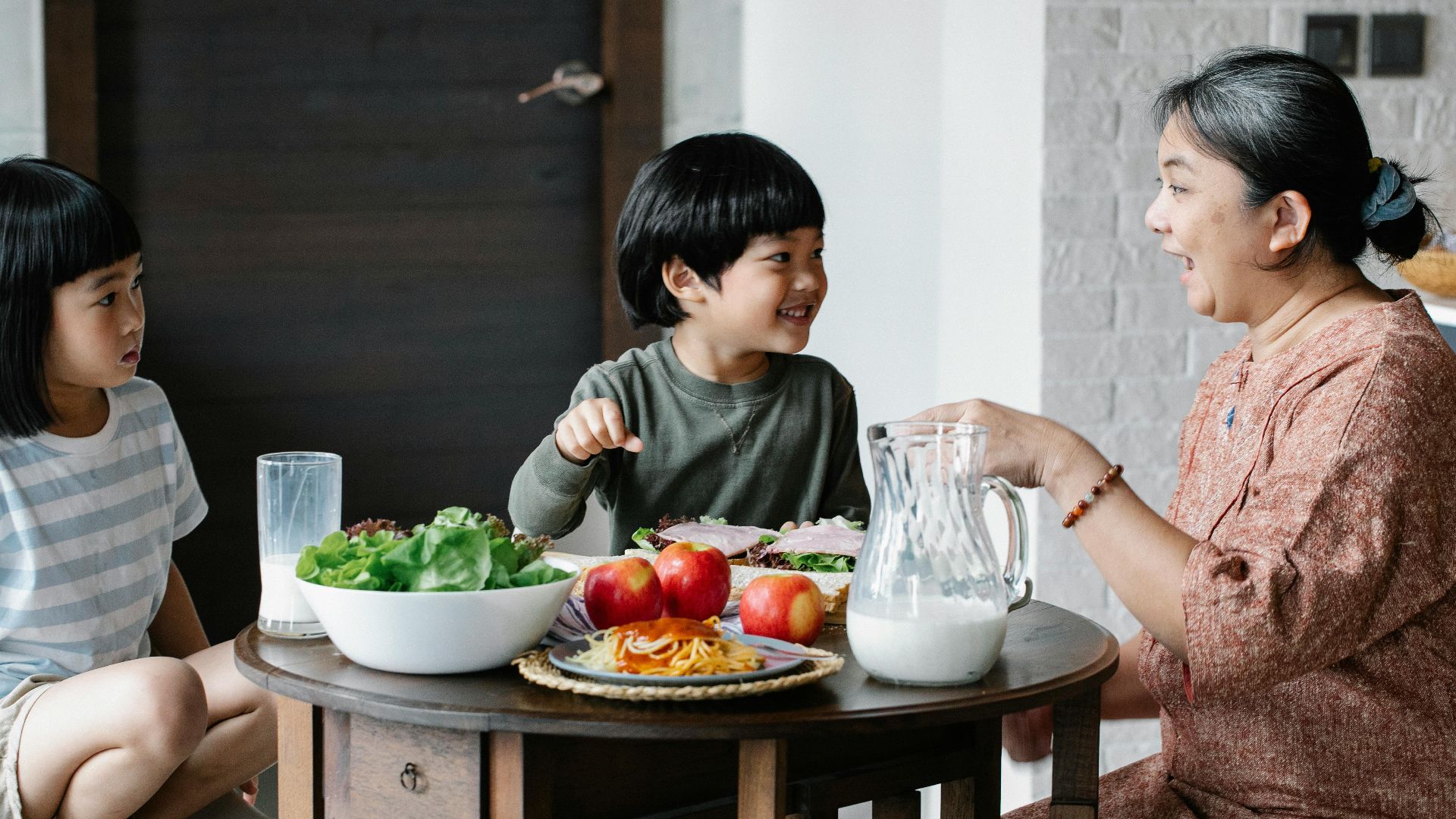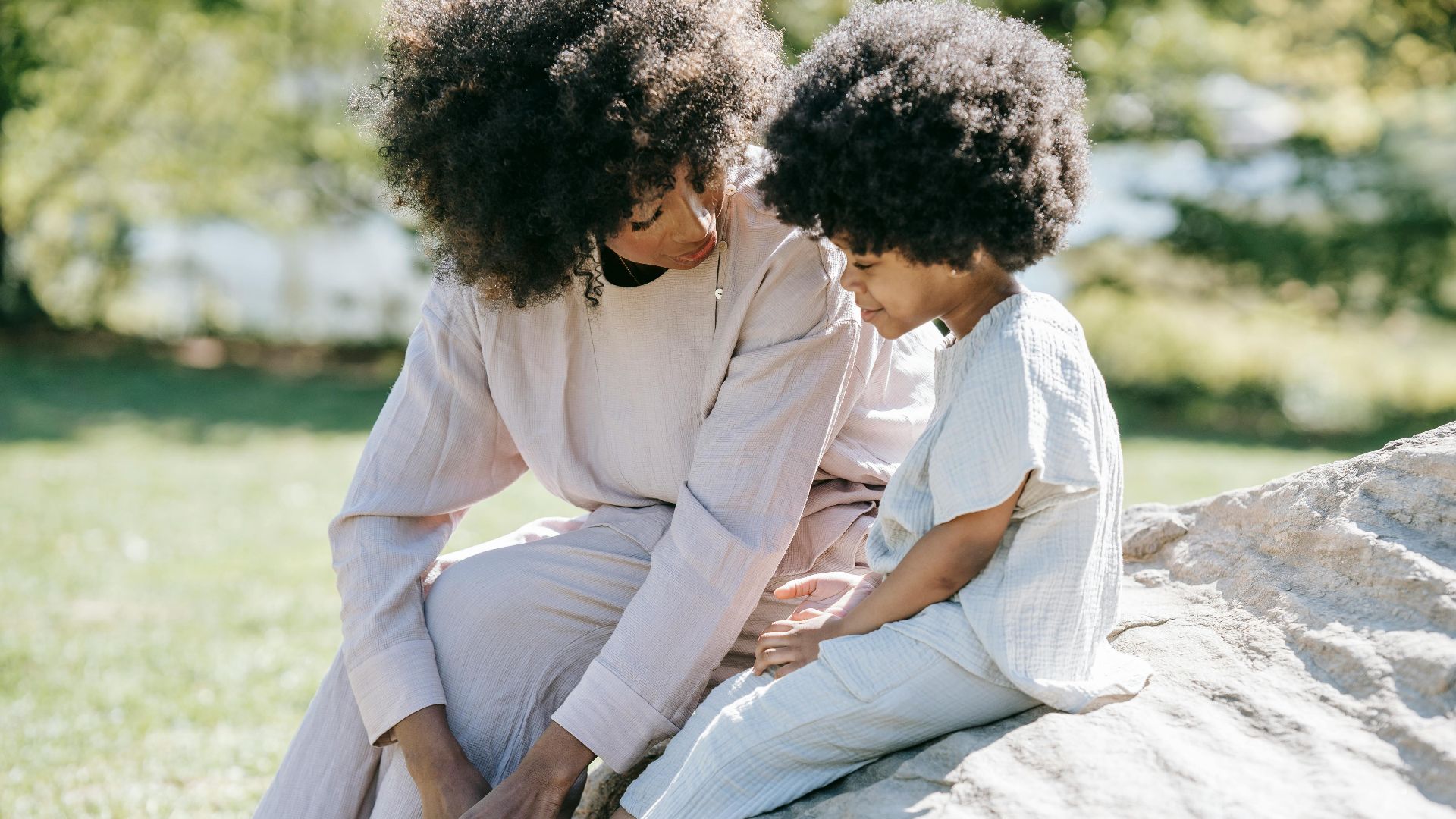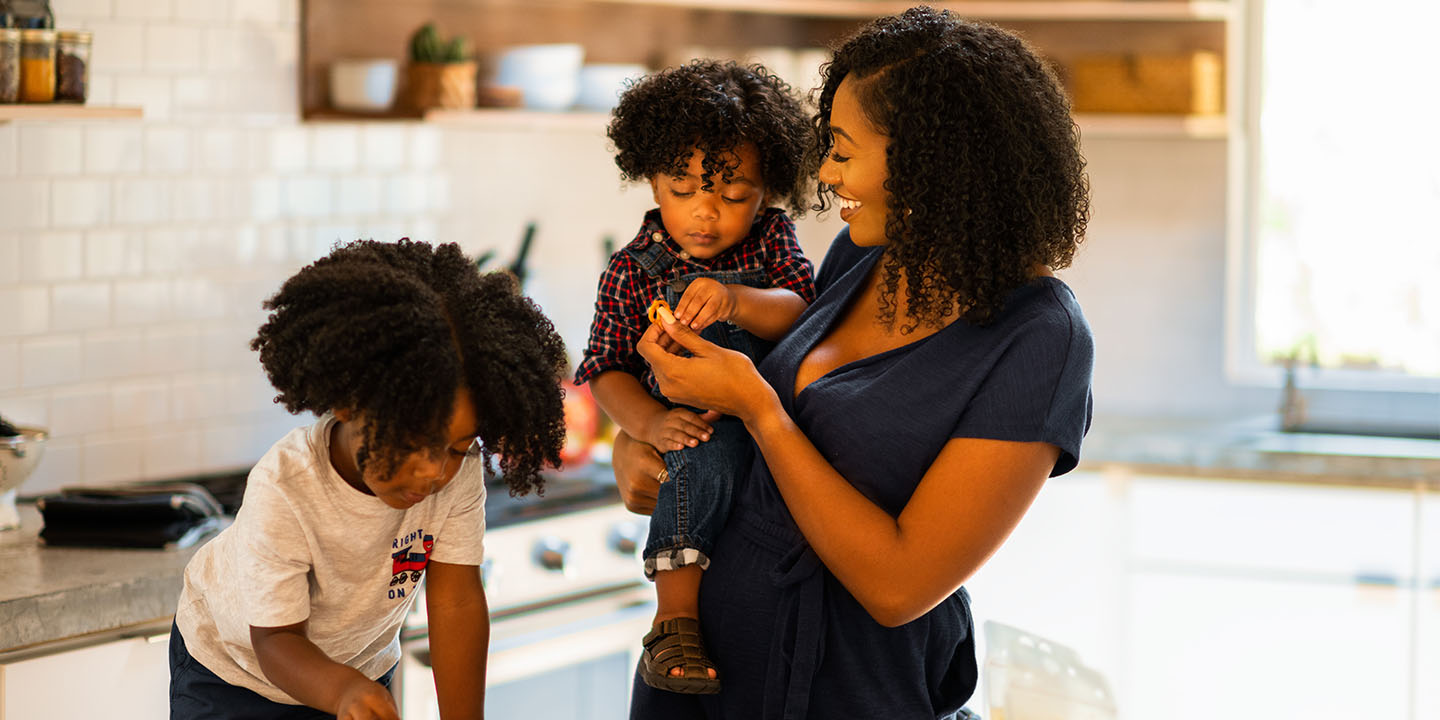When Parenting Needs A Backup Plan
Letting your kids build independence is great, but knowing when to bring in a babysitter's a smarter way to handle things. Every child has different limits, and some moments simply aren't worth the risk. Sure, trusting your gut helps, but so does understanding the situation early. So, let's start with the more obvious red flags—the signs that say your kids do need a babysitter.
1. Frequent Tantrums Over Small Things
When your child melts down over everyday hiccups, it could mean their emotional cup is overflowing. They might not have the tools to express what's really going on. A kind presence can help ease the pressure before it turns into daily drama.
2. Struggling With Bedtime Routines
Every night turns into a standoff? Ugh. Sleep battles often mean the wind-down routine isn't working. Bringing in someone with a steady vibe (and no parental guilt) can calm the whole bedtime circus and help your little one get some rest.
 Photo By: Kaboompics.com on Pexels
Photo By: Kaboompics.com on Pexels
3. Meals Are Constantly Skipped Or Rushed
You set the plate down, blink, and it's tossed on the floor. Kids often need distraction-free mealtimes with someone guiding the vibe. When food stops being a battlefield, everyone eats better, and your kitchen feels way less dramatic.
4. Your Child Has Separation Anxiety With Everyone Else
Clingy is cute until it becomes exhausting. If your child panics every time you step away, gently introducing another caring adult helps them build trust beyond just you.
That bond can make transitions smoother, especially when school or social life kicks in.
5. You're Mentally And Physically Drained
There’s a difference between being busy and being burned out. You’ve crossed that line once cold coffee starts feeling like a routine. A sitter allows you space to rest for a moment. Feeling the need to get just a few moments of peace is your cue to schedule real time off.
6. Your Child Is Falling Behind On Milestones
If you've got that gut feeling that they're not quite where they should be, listen to it. Spending time with someone focused on your kid's development can make a world of difference. Gentle encouragement and watchful eyes can help catch things early.
7. They're Home All Day Without Peer Interaction
When your child's closest friend is the couch cushion, it's probably time to mix things up. A babysitter will be a fresh face with new ideas and more interaction. They can plant the seed for social confidence later on.
8. You're Cancelling Plans Due To Lack Of Support
It’s tough when every outing turns into a canceled plan. Tasks pile up, and personal time disappears. Even a short break with trusted help can make daily life feel doable again. Just one small window can bring back energy that’s been sidelined too long.
9. Your Partner And You Rarely Have Alone Time
Dinner is more or less like a negotiation, and bedtime becomes a standoff.
By the time the house goes quiet, you're too drained to talk. A babysitter gives you the reset that routines have taken away. Reaching this level of depletion is a clear call for support.
10. You're Constantly Interrupted During Work
You know the moment you unmute on a Zoom call and suddenly hear shrieking? Yeah. That. If you can't get five focused minutes, having someone who can thoroughly entertain your mini-human lets your brain breathe, and maybe even finish a thought.
Now let's look at the opposite scenario—because sometimes, your kid's got it covered just fine. Here are ten reasons you don't need to hire a babysitter at all.
1. They Follow Routines Without Supervision
If your kid brushes teeth and winds down like clockwork, you might already have a little time-management king or queen. Some children thrive on structure once it's set. In those cases, a babysitter won’t have to do anything because your child already owns the rhythm.
2. They're Comfortable Spending Time Alone Briefly
Solo play is about those few minutes when they focus without needing help. Whether playing games or reading quietly, they’re showing signs of inner calm. It means they trust their space and feel secure enough to explore it.
3. They Communicate Their Needs Clearly
Recognizing and stating needs is a skill many adults still struggle with. So when a child gets it right, it's a thing to celebrate.
These small declarations can prevent meltdowns and give you just enough space to breathe from nearby.
4. You Work From Home With Flexibility
Having the freedom to shift your schedule helps more than people think. If you can pause when needed, your child feels supported without extra help. It becomes more about balancing moments than needing supervision all day.
5. They're Engaged In After-School Programs
A child enrolled in organized activities after school already has healthy routines. These programs blend adult oversight with peer interaction, making them productive. When those needs are met elsewhere, it takes pressure off the home and gives everyone breathing room.
6. They're In The Preteen Age Group
At this age, your kids crave independence. If your preteen is managing chores with pride, adding a sitter might feel like a step backward. What they need most is your confidence in their growing abilities and just a few check-ins.
7. They're Part Of A Supportive Household
When Grandma helps with snacks and big sis plays peekaboo, your home becomes a team effort. Kids raised in group care dynamics feel seen from many angles. Those shared roles allow everyone to lighten the load without outside help.
8. You're Only Stepping Out Briefly Nearby
Running to the corner store or grabbing takeout while staying within reach is totally doable when your child knows the rules, and you've set up safety nets. These quick breaks only need smart timing and a little trust, not a babysitter.
9. You've Already Built A Detailed Safety Plan
Routines give kids something solid to hold onto. With instructions in place and key contacts nearby, their environment feels steady. Parents can take a step back without worry, knowing that even small disruptions won’t throw the whole day off course.
10. You've Tried Multiple Babysitters Before With Poor Results
Every child is unique, and sometimes, the usual setup just doesn't click. If past experiences brought more stress than support, it might be time to pivot. Some families thrive better with solo parenting strategies that are tailored just to them.



